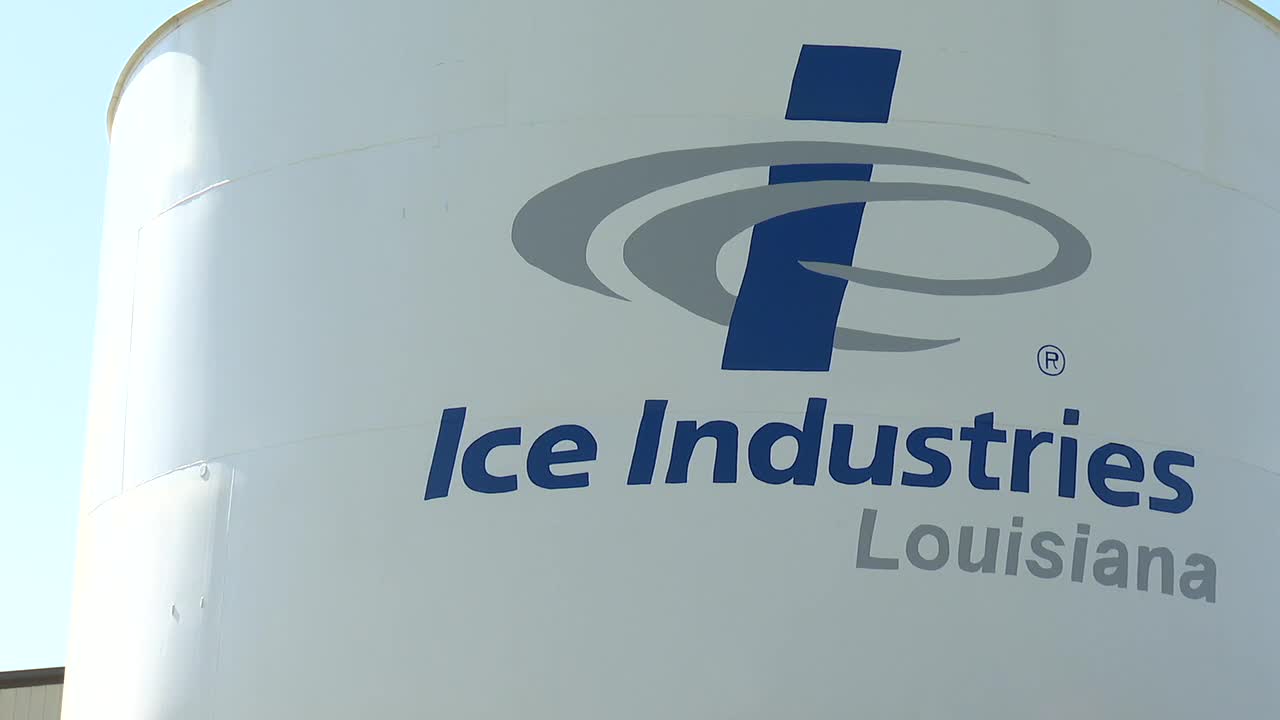JEFF DAVIS PARISH — Louisiana’s first Ice Industries facility officially opened its doors Tuesday, marking a $6 million investment expected to create dozens of high-paying jobs and strengthen the region’s growing clean energy sector.
After sitting vacant for seven years, the refurbished building in Lacassine has been transformed into a state-of-the-art manufacturing site.
“It’s been a year and we started with a building that basically sat empty for seven years,” said Howard Ice, founder of Ice Industries. “So there’s a lot of work to be done, and what we’ve ended up with here was nearly a brand new facility that looks beautiful.”
The company will manufacture steel components primarily for First Solar’s new $1.1 billion facility in Iberia Parish, which is set to begin production in 2025. Together, the two operations are projected to create hundreds of direct jobs and thousands more indirect jobs across Acadiana.
“It’s about $6 million in investment, just here at the facility, but it’s 60 to 70 great high-paying jobs— local people who are already hired doing the work here,” said Susan Bourgeois, secretary of Louisiana Economic Development. “It’s just another example of when we invest in infrastructure and we invest in people, it turns out to be jobs for Louisiana’s people.”
First Solar Chief Commercial Officer Georges Antoun said the ripple effects of the company’s Iberia Parish project will be felt across the region.
“It’s going to be amazing,” Antoun said. “The investment is around $1.1 billion in construction and capital, but 800 jobs of $80,000 per year. So we see, already, the movement in Iberia Parish and Acadiana in general. When you create 800 jobs with great salaries, the whole economy is going to go up. Housing is going to get better. Support services are going to get better.”
Antoun added that research from the University of Louisiana projects that for every direct job First Solar creates, another 7.5 indirect and induced jobs will follow, potentially translating to thousands of positions connected to the solar energy expansion.
But as solar continues to grow in Louisiana, questions remain about how to balance renewable development with the state’s agricultural heritage, particularly in sugarcane-producing regions.
“Is there a place for solar? Of course there is,” Bourgeois said. “Do we want to take valuable, incredibly rich and important fertile ground out of commerce for solar? Maybe there’s a balance there. Maybe we put solar in places that aren’t purely agricultural, so there’s a win-win. It doesn’t have to be a win-lose.”




